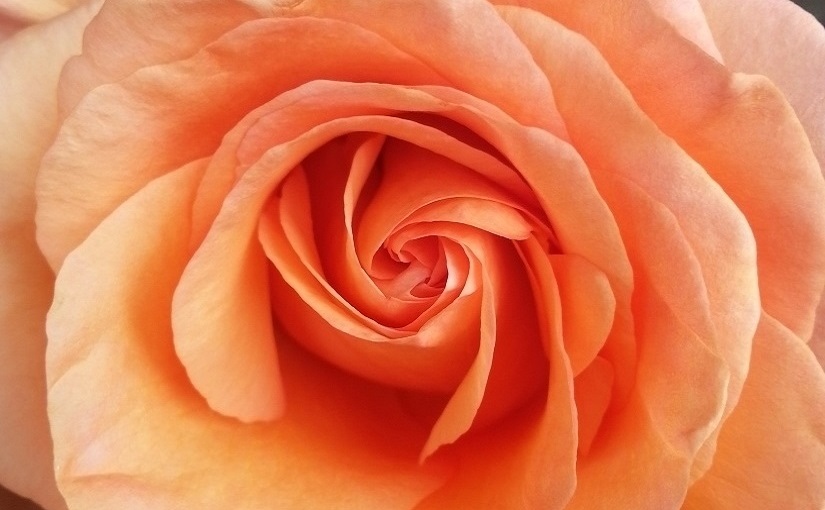Having started this writing project with only a relatively loose sense of where it was headed, it’s an interesting question to revisit.
Modern life is challenging in many ways: full of divergent opinions, careless realities, and struggles for meaning or worth (see Notes One). And it seems to me that the way we think about that and engage with it might really make a difference (Notes Two).
In a way, life is thought: everything around us and everything we do carries meaning and generally arose out of thinking. Especially now, as modern society lifts us above the rawer realities of living, offering a more abstract experience of our dependence on environment, community and commonly held ideas. So much seems hidden and remote, whether we talk of economics, culture or technology.
What I mean by that is that meanings seem concealed below the surface. All we do still has an impact on the planet, social environment, and the collective realities we sustain. We can uncover the consequences of our attitudes and actions if we wish to, and those that do often attempt to raise awareness around their particular cause.
Within that picture, do individuals and their actions matter? Is human life of absolute value or is that relative to where we live, what we own, how we look? Is there common ground to our existence or are we destined to disagree?
Our interconnected systems surely rely upon a system of thought and depend upon our collective involvement. Those systems contain within them a sense of human worth and of what’s important, essential or justifiable. To look at culture, do we agree with the messages it sends and the pictures it places within our imaginations? And what options are open to us if we don’t like where things are headed?
Some might labour under the realities they’re placed within; some may throw themselves into trying to make things better (for themselves, others, or the system as a whole); and some could feel the whole thing is mistaken and opt out through resignation, escapism, or more extreme alternatives.
And what ideas are we being offered? On one side there’s this picture of efficiency, profit and human redundancy; yet others cry out for human values, social cohesion and environmental wisdom (Notes Three). Is there a common vision there and, if not, could we find one and can it be built?
Getting back to the original question, surely we are intelligent creatures capable of understanding the systems we exist within, how they arose, and where they’re likely to lead. We can know in thought the realities we’re living. That thinking might tie us in knots at times or lead us into difficult places, but it’s also what makes us human.
While we might despair at the lack of humanity or meaning evident in our times, that itself seems an important message concerning the need to build our systems around the right values and create a collective conversation that better sustains what’s truly essential in life.
Notes and References:
Note 1: Reality as a sense check
Note 1: Mental health relative to modern times
Note 2: Education’s place within society
Note 2: Morality and modern thought
Note 3: Anger as a voice
Note 3: Need to stand alone & think for ourselves
Note 3: People wanting change



